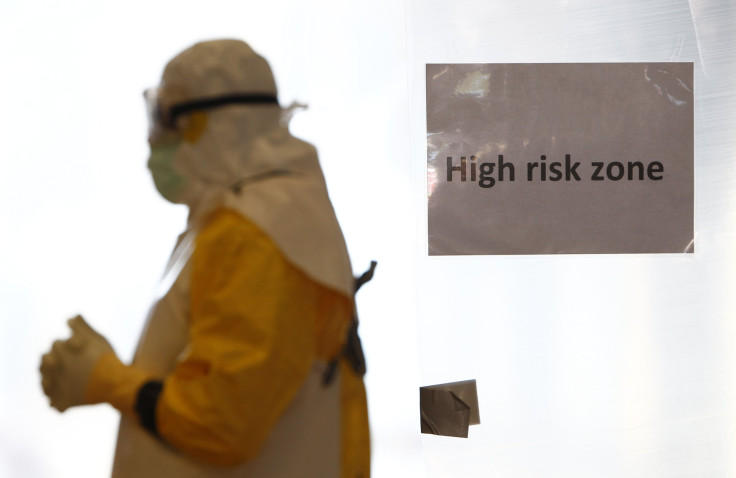Ebola In Lebanon 2014: Suspected Case Arrives From West Africa, Patient In Quarantine

Lebanon is grappling with its first suspected case of Ebola after a man who arrived from West Africa checked himself into a hospital with symptoms of the disease, the country’s health minister announced Thursday, according to the Associated Press. The patient, a Lebanese national, had returned from West Africa earlier in the week and has been quarantined while health workers await the results of an Ebola test, which could take two days to obtain, the minister said.
The man, who is in his 20s, is being treated at a hospital in the country’s capital city Beirut. The hospital has prepared a special unit to handle infectious diseases such as Ebola, the AP reported. Authorities have not specified from which country in West Africa the man had traveled.
Health officials in Lebanon have cautioned against jumping to any conclusions about the man’s illness before test results can be procured. They said that Ebola produces symptoms similar to malaria, which is far more common than Ebola and is endemic to West Africa, and that it is still too early to make a judgment call about the man’s condition. "We will announce the results as soon as they are issued," Lebanon’s Health Minister Wael Abu Faour told reporters.
Lebanon, which is bordered by Syria to the north and east and Israel to the south and has a population of about 4.8 million, has a large number of expatriates living abroad in West Africa, including the countries of Guinea, Liberia and Sierra Leone, where the Ebola outbreak has killed almost 4,900 people, according to the World Health Organization. Twelve patients suspected of having Ebola have already been tested for the virus in Lebanon over the past several months, the Daily Star reported. None of them tested positive for the virus.
Health officials say the number of people with Ebola in West Africa nears 10,000 and the virus continues to kill about half of the people who become infected. Experts warn that the rate of infections could reach 10,000 a week by December but that hope of containing the virus has not been lost. "It will be possible, as it was possible in the past, to contain this epidemic within four to six months" if the response is adequate, said Elhadj As Sy, secretary general of the International Federation of Red Cross and Red Crescent Societies, according to Al-Jazeera.
© Copyright IBTimes 2024. All rights reserved.






















